Less than a week ago, Rishi Sunak used these pages to pen a love letter to the north-east of Scotland, telling us that he wanted more oil and gas from the North Sea.
Speaking ahead of his speech at the Scottish Tory party conference in Aberdeen, the prime minister said his government was backing the tens of thousands of jobs the offshore industry supports. But, before his feet hit the tarmac in Dyce, there was speculation that his chancellor was weighing up another tax raid on the North Sea: his fourth in just two years.
Sadly – and inexplicably – it appears that the chancellor does not read The P&J (he really should). So, here we are, just five days later, with an extended windfall tax, heaping more uncertainty on a sector which needs stability to survive.
Jeremy Hunt had two choices on Wednesday – strangle more cash from a sector already paying tax at nearly four times the rate of every other business in the UK, or create the fiscal conditions that would unlock £200 billion of investment in our energy sector.
Sadly, he has chosen the former and sold out the North Sea – which is a huge mistake with lasting consequences.
The windfalls which he thinks are being made in the North Sea have gone, yet 75p in every £1 profit being made in the UK energy sector is going to the Treasury. That is not sustainable.
Hunt is taking money which we need to see invested in the new North Sea oil and gas fields. Without that investment, production could halve by 2030, placing thousands – perhaps tens of thousands – of jobs at risk.
We are already seeing investors walking away from deals – with some showing open dissent towards the UK – and if that gathers pace, the 1,000 jobs we have already lost to the windfall tax could be a drop in the ocean compared to what is to come.
When Labour put forward plans to extend the windfall tax, I compared them to television’s Traitors. After making political capital out of that criticism, the Tories are now guilty of a similar betrayal.
Energy sector needs a new, independent body
The future of the energy sector is clearly splitting political parties down the middle, and businesses in the north-east are watching through their fingers as politicians of all allegiances fall over themselves to make things worse. This highlights why we need a seismic shift in how we draw up long-term energy policy in this country.
Right now, we are at risk of the North Sea oil and gas industry being wound down through rhetoric, rather than strategic policy. If we simply tax it to death, it will be as chaotic as it will be economically damaging.
The new body should be charged with developing recommendations which could command cross-party consensus and insulate the sector from political policy shocks in the future
We need a new body, entirely independent of government, to set a policy direction for the next 40 years. Like the Bank of England – which has maintaining monetary and fiscal stability as its central mission – the new body should be charged with developing recommendations which could command cross-party consensus and insulate the sector from political policy shocks in the future.
If nothing changes and we get five more years of the same muddled policy, discretionary capital will continue to move overseas, the transition will stall, and a world-class supply chain built up over decades will go.
As a nation we can – and must – do better.
Ryan Crighton is policy director at Aberdeen & Grampian Chamber of Commerce
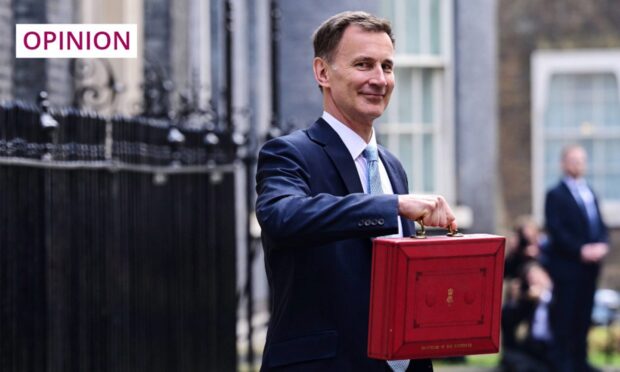

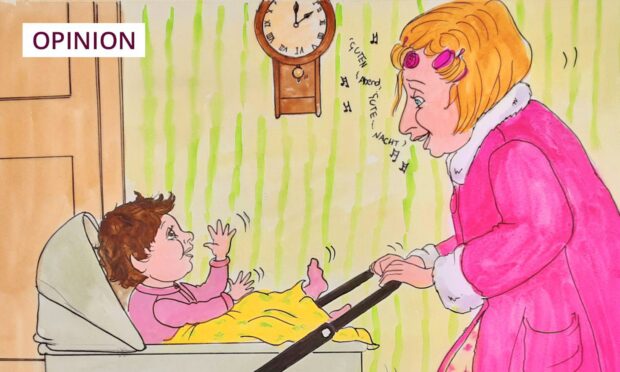

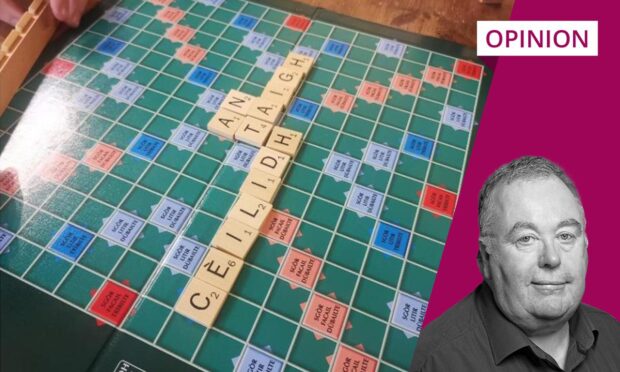


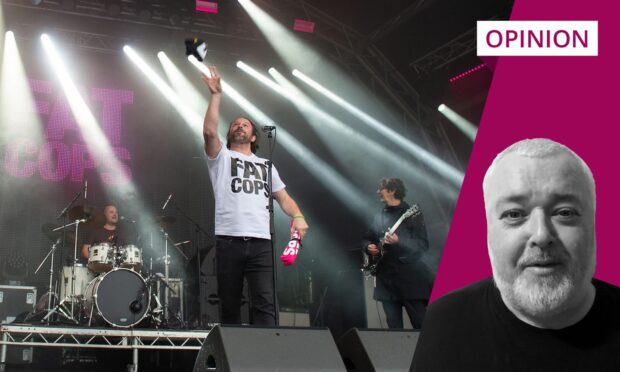


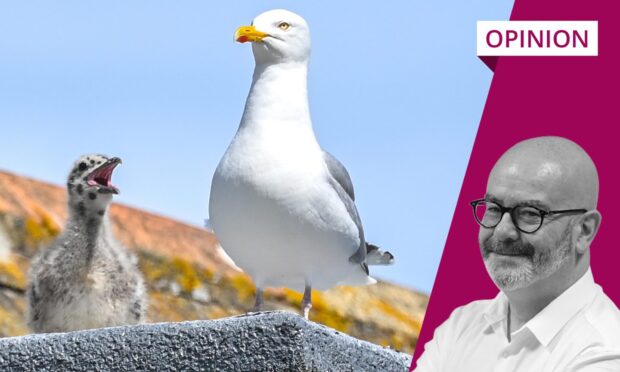

Conversation